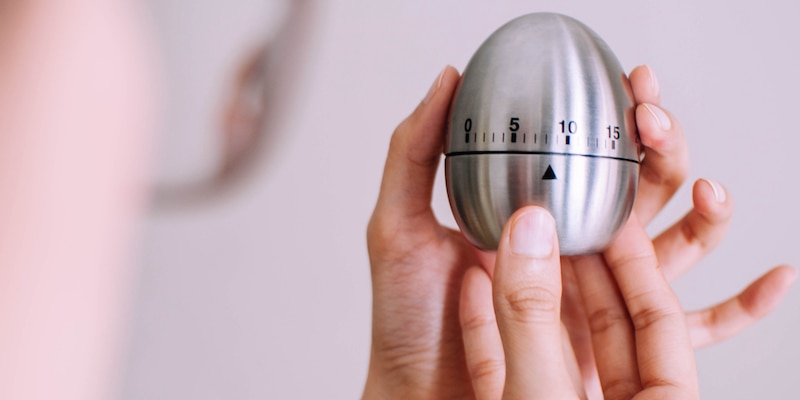by Melissa Chichester
Water is essential for our overall well-being. Proper hydration supports how your entire body functions, from transporting nutrients to supporting immune health and ensuring proper digestion.
Unfortunately, most people have trouble staying hydrated. If you’re wondering how to drink more water or stay hydrated, here are ten easy ways to stay adequately hydrated!
When it comes to hydration, nothing beats the simplicity and effectiveness of drinking plain water. Water is the ultimate thirst quencher and helps maintain the balance of bodily fluids – but don’t wait until you’re thirsty to drink! Make it a habit to steadily drink water throughout the day.
If plain water is too boring for you, make it taste better. Enhance your water by infusing it with fruits like lemon, cucumber, or berries for added flavor and nutrients.
>>Lemon and Pomegranate Infused Beauty Water Recipe
Did you know that certain foods can contribute to your daily hydration needs? Fruits and vegetables with high water content, such as watermelon, cucumbers, strawberries, oranges, and lettuce, can provide a refreshing and hydrating boost.
These foods are not only delicious but also help replenish your body’s water stores. Plus, they contain valuable vitamins and minerals that support wellness. For example, watermelon and oranges are both rich in Vitamin C.
For those looking for alternative hydrating options, herbal teas can be a great choice. Not only do they provide hydration, but they may also offer various health benefits. Opt for caffeine-free herbal teas like chamomile, mint, hibiscus, or ginger. You can enjoy them hot or cold, depending on your preference.
Some herbal supplements can be opened up to prepare tea, such as our green tea capsules that provide antioxidant support.*
Electrolytes such as magnesium, potassium, calcium, and sodium play a crucial role in maintaining proper hydration and fluid balance in the body.* Ensure you consume foods rich in electrolytes, such as bananas, avocados, spinach, and coconut water.
Electrolyte supplements can also be a convenient option, especially if you engage in intense physical activity or spend time in hot environments. Supplements should be taken with adequate fluids to help maintain hydration.

In our busy lives, it’s easy to forget to drink water regularly. Setting hydration reminders on your phone or using apps designed to track water intake can help you stay on top of your hydration goals. Aim to sip water throughout the day rather than waiting until you feel thirsty.
Carrying a reusable water bottle wherever you go serves as a constant reminder to drink water. Choose a bottle that is easy to refill and carry – and one that you like to look at! Some bottles have milestones outlined on them to make drinking water even easier. This simple habit encourages you to stay hydrated.
Physical activity increases the body’s water loss through sweat. It is crucial to replenish fluids before, during, and after exercise. Aim to drink water before your workout session, sip on it during your workout, and rehydrate afterward to restore the fluids lost during exercise. This is especially important if you are engaging in intense physical activity.
While enjoying the occasional alcoholic and caffeinated beverage is fine, excessive consumption can lead to dehydration. Both alcohol and caffeine have diuretic properties, which can increase urine production and result in fluid loss. Be mindful of your intake and balance it with an adequate amount of water.
Dehydration occurs when the body loses more fluids than it takes in. Recognizing the signs of dehydration is crucial in preventing further complications. One of the most common indicators is increased thirst.
People may also experience dry mouth and lips, as well as decreased urine output, resulting in darker and more concentrated urine. Fatigue, dizziness, and lightheadedness are also signs of dehydration.
Some of these signs can occur from other health issues, so it is important to address these signs promptly by rehydrating with fluids and seeking medical attention if necessary.
Ensuring proper hydration can help maintain your health and well-being. Remember to drink plenty of water, consume hydrating foods, monitor your electrolyte balance, and be mindful of your alcohol and caffeine intake. Setting reminders, investing in a reusable water bottle, and monitoring urine color can help you stay on track.
| *These statements have not been evaluated by the Food and Drug Administration. These products are not intended to diagnose, treat, cure or prevent any disease. |